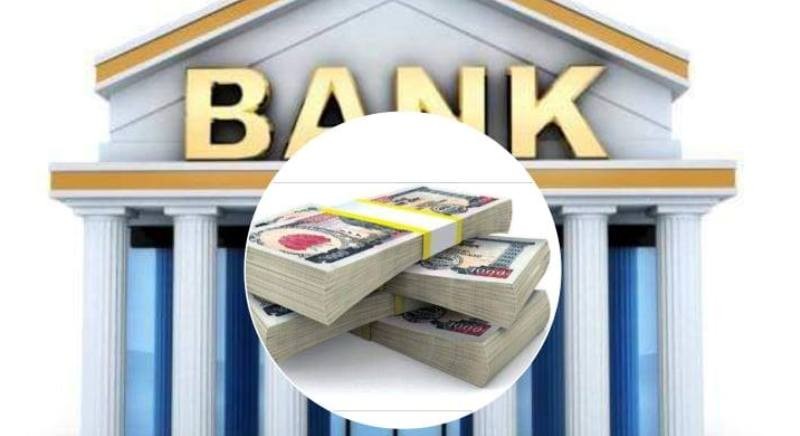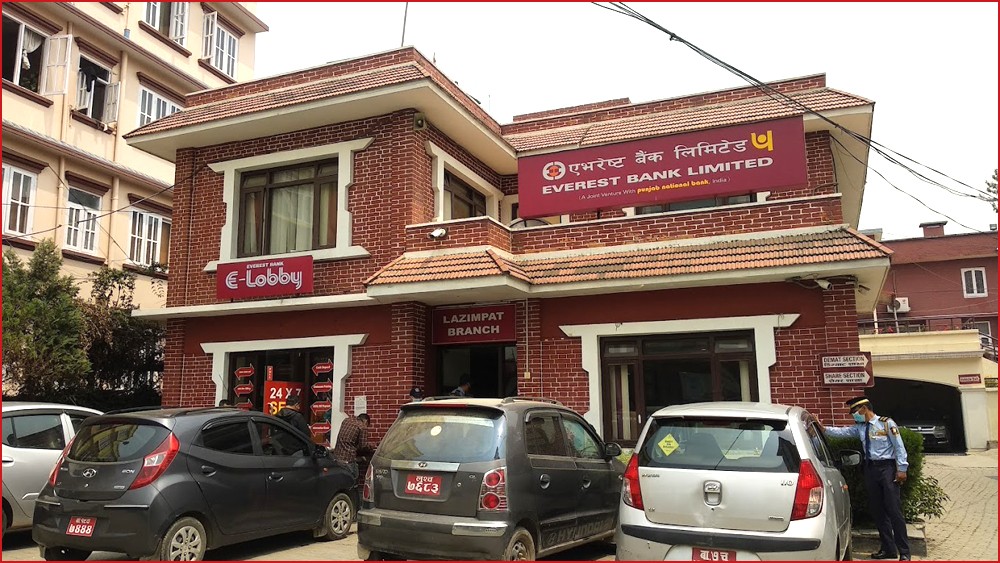
Kathmandu. Lately, commercial banks have been extending loans at the rate of around Rs 4 billion daily. Banks have invested a total of Rs 27 billion in loans during the period from March 22 to March 30. According to the Nepal Bakers Association, Rs 18 billion was disbursed in the first week of February alone. Total credit investment has increased to Rs. 33.62 trillion and deposits have stood at Rs. 3.8 trillion as of March 30.
If we look at the deposit collection train during this period, 23 billion deposits have been collected in February. Banks have collected only Rs 10 billion in deposits during the period from March 22 to March 30. The credit to deposit ratio has been very low. As banks have reduced interest rates on deposits, investors have not been attracted to deposits. Lately, the pace of development work has been increasing. For the same reason, if the government spends, the money will come to the bank, say Baisars.
If we look at the train of deposit collection from January to February, there is not much enthusiasm in deposit collection. Due to the low interest rates offered by banks, ordinary depositors do not keep money in banks. The main reason for the decline in deposits is the low interest rates offered by banks.
Demand for credit from banks has been on the rise since the last Corona-affected economy began to recover. Demand for credit from banks has increased due to increase in import, stock market and real estate transactions. Depositors have started investing in the stock market and real estate for higher returns as banks offer lower returns on deposits.







